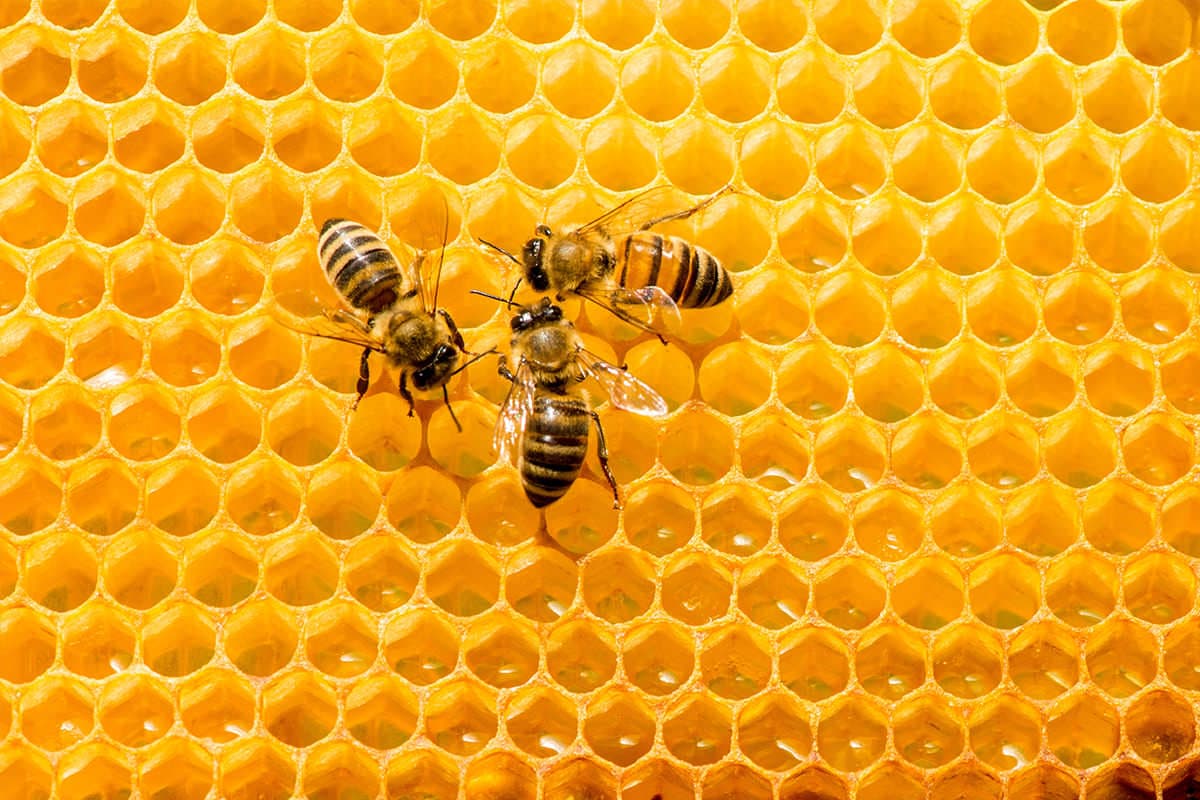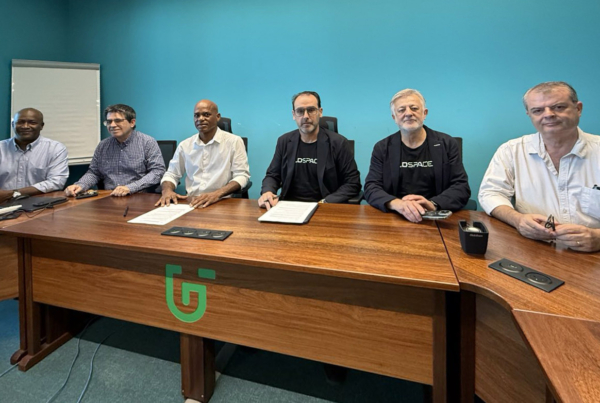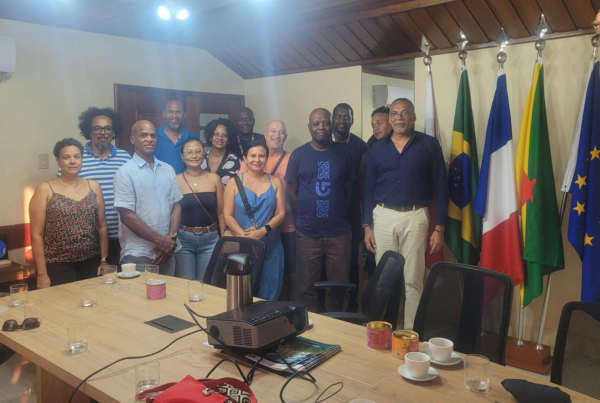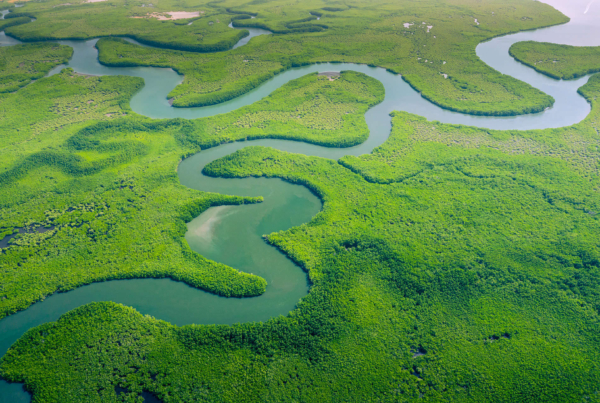
The research project entitled "Chemical and biological characterisation of honeys from French Guiana with a view to their future labelling as "MIELS DE GUYANE" is a prerequisite for the labelling process. Carried out jointly by the UMR QUALISUD at the University of French Guiana and the UMR SPE at the University of Corsica, it focuses on two areas of research: the characterisation and development of natural resources derived directly or indirectly from plant biomass.
Honeys from French Guiana: a project to obtain certification
French Guiana is characterised by a wealth of floral resources. As a result, these melliferous and polliniferous resources provide typical and diversified honeys, which are at the origin of an economic activity that is still confidential (the majority of honeys consumed in French Guyana are imported) but which could well grow in the near future due to the reorganisation of the beekeeping sector and growing consumer demand. The geographical and botanical origins of these honeys are not currently certified (labelling), which handicaps their marketing on a national, European or international scale, given the highly competitive context. It is therefore vital to remedy this situation as quickly as possible.
The research project entitled : Chemical and biological characterisation of honeys from French Guiana with a view to their future labelling as "HONEYS FROM GUYANA".The aim of the project is to broaden knowledge and generate specialist skills applied to understanding and exploiting the beekeeping, melliferous and polliniferous resources of French Guiana and the wider Amazon region.
It combines several areas of expertise in biology, biochemistry and chemistry, and calls on 2 university teams for its scientific development: the UMR QUALISUD at the University of Guyana, represented by Mr Jean-Charles ROBINSON, and the UMR Sciences Pour l'Environnement (SPE) at the University of Corsica.
Honeys from French Guiana: a European project with strong development potential
The "MIELS DE GUYANE" project is one of the projects in the process of receiving European financial aid. It was selected by the Collectivité Territoriale de Guyane (CTG), the managing authority for European funds, in March 2017 as part of the "RESEARCH AND BIORESSOURCES" Call for Expressions of Interest (AMI). This AMI, with a total budget of €2 million, is part of the 2014-2020 ERDF-SSE Regional Operational Programme (OP) and is aimed at developing bioresources, in particular marine resources and endogenous bioresources (aromatic and medicinal plants, honey, natural substances derived from wood, palm trees, etc.).
The 'MIELS DE GUYANE' project has two main areas of research: the characterisation and development of natural resources derived directly or indirectly from plant biomass.
The UMR Qualisud and the UMR SPE have already carried out a number of projects relating to the development of aromatic and medicinal plants (PAM) and agri-food products with a strong regional identity (Amazonian palm juice and Corsican honey), which led them to join forces and jointly develop this research project.
This research programme is part of a wider "Research and Development" project, and involves both upstream players (APIGUY beekeepers' unions, independent beekeepers) and downstream players (an economic development promoter (Guyane Développement Innovation regional development and innovation agency) and a protected area manager, the Regional Natural Park of French Guiana) in the beekeeping sector in French Guiana.
The project is fully in line with French Guiana's Regional Innovation Plan in the area of "Knowledge, development and sustainable use of Amazonian ecosystems" and is of economic and strategic interest to the region.
Honeys from French Guiana are flagship products for both agriculture and agri-food processing, but they are also forest bioresources, as the absence of Apis bee colony breeding means that honey production comes entirely from wild colonies.
The aim of this project is initially to characterise the different ranges of honeys from French Guiana with a view to controlling their quality, but also to determine their geographical and botanical origins. The work carried out, which is a prerequisite for a labelling process, will add value to Guiana's honeys in the long term. They will then be able to benefit from an enhanced reputation for marketing on a local, regional, national or international scale.




